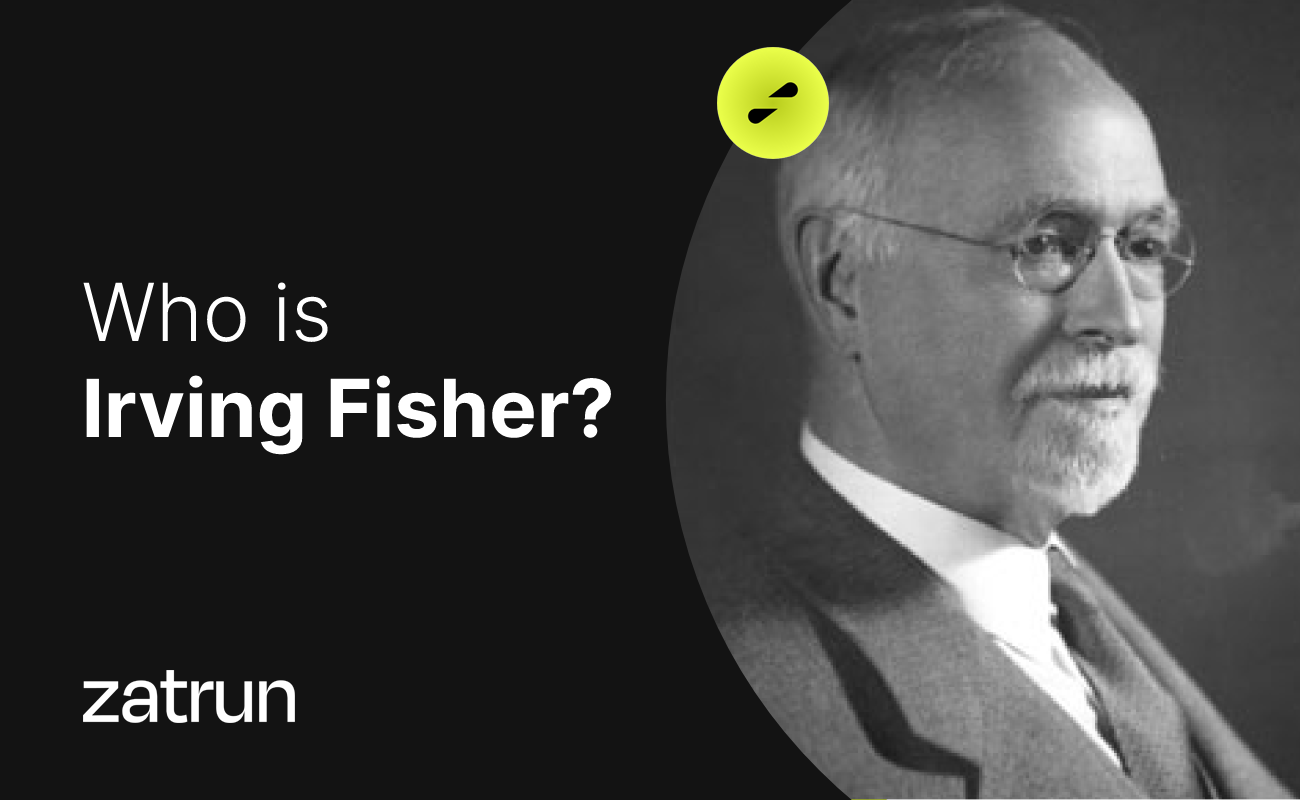Robert Fogel 101: Who is the Nobel Prize-Winning Famous Economist? in our article of Zatrun.com, we are going to cover in detail everything you need to know about Robert Fogel, the Nobel Prize-winning American Economist that our readers are curious about.
Who is Robert Fogel?
Robert Fogel was an American economic historian and scholar, who was awarded the Nobel Prize in Economics in 1993. Until his death, he served as the Charles R. Walgreen Distinguished Service Professor of American Institutions and the director of the Center for Population Economics (CPE) at the University of Chicago Booth School of Business. He is best known for advocating for the use of quantitative methods in history, which is known as “cliometrics.”

Fogel was a pioneering figure in the fields of history and economics and was awarded the Nobel Prize in 1993 for his groundbreaking work. He held the positions of Charles R. Walgreen Distinguished Service Professor of American Institutions and director of the Center for Population Economics (CPE) at the Booth School of Business at the University of Chicago. He was one of the leading advocates for the use of quantitative methods in history, also known as “cliometrics.” Fogel was born to Ukrainian Jewish immigrants in New York. His brother was his biggest intellectual influence in his youth, and he listened to his brother and his friends’ intense debates about the social and economic problems during the Great Depression.
Robert Fogel married Enid Cassandra Morgan, an African-American woman, in 1949, and they had two children. The couple faced significant challenges due to the emotional climate and the miscegenation laws against interracial marriages at the time.
Education and Career Life:
Robert Fogel graduated from Stuyvesant High School in 1944. Despite his love for literature and history and his dream of becoming a scholar, the economic pessimism of the late 1940s led him to turn his attention to economics. He received his education in history and economics at Cornell University and became the president of the campus branch of American Youth for Democracy, a communist organization.
After graduating in 1948, he began working as a professional organizer for the Communist Party. After eight years as a professional organizer, he came to believe that communism was unscientific and decided to pursue further education in economics. He became a student of George Stigler at Columbia University and earned his MA in 1960. In 1963, he received his PhD from Johns Hopkins University.

Academic Career:
Robert Fogel began his research career as an assistant professor at the University of Rochester in 1960. In 1964, he moved to the University of Chicago as an associate professor. He worked as a visiting professor during the fall semesters at the University of Rochester between 1968 and 1975.
Fogel conducted research and wrote papers on a wide range of topics, including economic history, demography, physiology, family sociology, nutrition, China’s economic development, and philosophy of science. While attempting to explain significant historical events such as the dramatic decline in mortality rates from the 18th to the 20th centuries, he sought to integrate ideas from different fields. His former colleague Deirdre McCloskey notes that Fogel “reunited economics and history.”
He has been an advisor to many important economic historians, and many economic historians trace their academic roots to him. Fogel was elected to the American Academy of Arts and Sciences in 1972, the National Academy of Sciences in 1973, and the American Philosophical Society in 2000.
Nobel Prize:
In 1993, Robert Fogel, along with economic historian Douglass C. North, was awarded the Nobel Memorial Prize in Economic Sciences for “having renewed research in economic history by applying economic theory and quantitative methods in order to explain economic and institutional change.”
In his Nobel Lecture titled “Economic Growth, Population Theory, and Physiology: The Bearings of Long-Term Processes on the Making of Economic Policy,” Fogel focused on his research on nutrition and economic growth.












